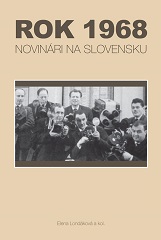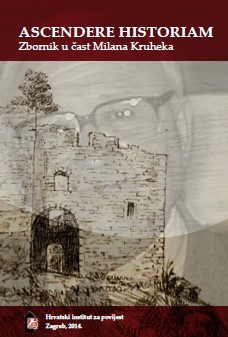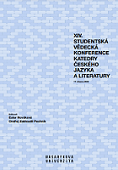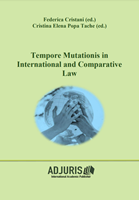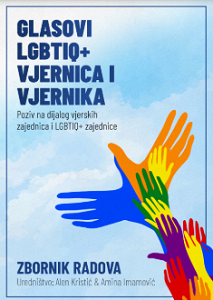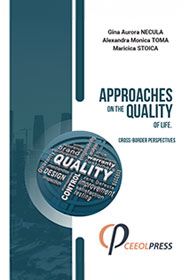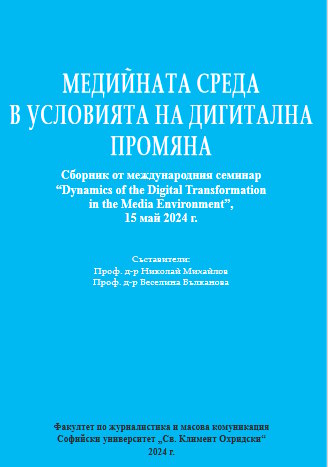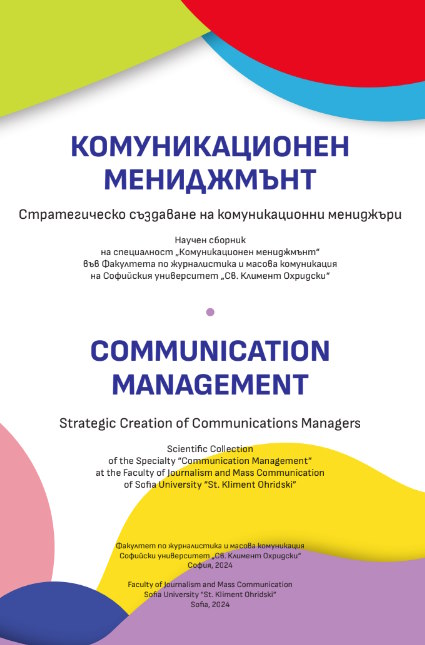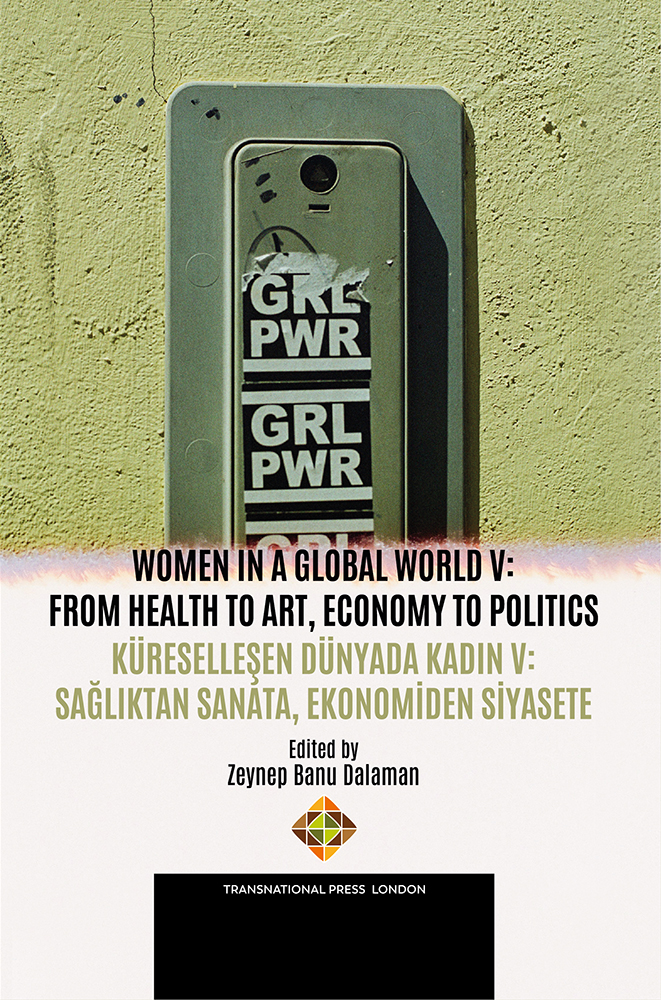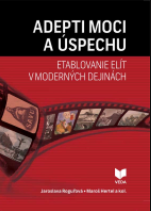
Jozef Rudinský a denník Slovenský hlas v rokoch 1938 – 1939
Osobnosť Jozefa Rudinského (30. júl 1891 Turzovka – 13. marec 1972 Dorfen, Nemecko) je pomerne málo známa a azda najviac sa spomína v súvislosti s cestou Andreja Hlinku na mierovú konferenciu do Paríža v roku 1919. Pritom tento rímskokatolícky kňaz bol aktívne prítomný v slovenskom spoločenskom a politickom živote prakticky až do 60. rokov 20. storočia. Hral úlohu „sivej eminencie“. Prívrženec A. Hlinku, intimus M. Hodžu, od roku 1939 exulant v Palestíne, Veľkej Británii, Kanade, USA a napokon v Nemeckej spolkovej republike. Na tomto mieste sa sústredím na vrchol Rudinského životnej dráhy, ktorým bolo založenie a vedenie prvého nadstraníckeho denníka Slovenský hlas v roku 1938. Tento denník možno právnom pokladať za dobový vrchol slovenskej žurnalistiky.
More...
